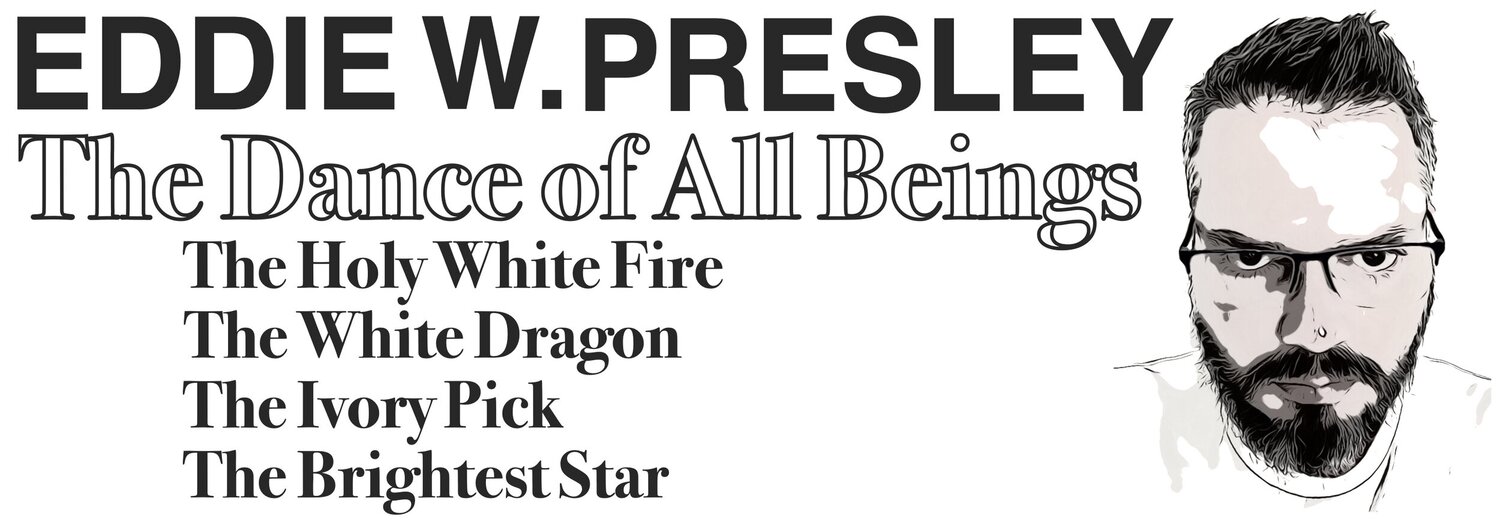Ender's Game by Orson Scott Card - Review
Yes, I've only now gotten around to reading Ender's Game. It is written by Orson Scott Card who is an outrageous homophobe that clings to the last shreds of a ridiculous cult, yet still has quite a voice for sci-fi and speculative fiction. It is a story that was born in the literary magazines and then was expanded upon for release as a book. The current edition is an author approved 'final' edition. I would love to see this book as a movie—just not the movie we got—I mean a good movie.
The book itself is a fairly simple story of a manipulative semi-shadow government trying to engineer special kids to become great military minds that can stop a coming invasion of an alien race that resembles ants or bees in its structure. The 'buggers' as they are known in the way we have of turning our 'enemies' into generic villains with only a stereotype for a description are fairly advanced in their ability to work the surface of their planet, control the plants and animals there, as well as traveling into space and colonizing asteroids and such. The buggers have apparently tried to invade once but were set back by the heroic abilities of the much-lauded Mazer Rackham who is more of a symbol it seems than a real person. Ender has been selected for his potential to be the one mind that could lead our defending fleets to destroy the buggers before they can have a second invasion attempt. Ender is six.
Of course, this is where the idea of the book went off the rails for me when I first heard about it as it seems to have for a lot of folks even after they read it. In defense of the book, I will say that Card does give lip service to the fact that these kids are 'special'. The kids say they are and the adults say they are in about four lines of story text. This really isn't enough to establish why, just that they are, and in good genre fiction, I can go with it. Lord knows I've gone with less. Ender is chosen for his genetic potential not just as a fine mind, but his potential to not care about what he has to do in order to accomplish his goal.
The fact that this was a warmed-over magazine contribution shows through in much of the beginning and into the middle. He runs through important ideas very quickly. Fortunately, the characters and the situations are interesting enough that I do want to keep going with it. You see both sides of the coin with Ender and you begin to formulate your own ideas of what you would do and what he should do. As it rolls along it gets better and better in that regard and you start seeing the bigger picture. To the credit of the story, I did know there was a twist, but what I was building in my mind wasn't the twist that came about so I was pleasantly surprised. I also liked Ender taking control of his situation and working with the other kids as a leader.
People reject the book because it's a kid playing a video game, and he does do that, but that's very little of the actual book, and it’s just a portion of the overall big story. It can also be a bit misleading for those who want the book to be that. The only video game played is one that is used to test the student's logic and thinking around obstacles and he not only beats it but kind of kills it early on. The rest of the games are his training in battle simulators against fleets of ships or in a huge nongravity sphere where the kids run mock battles against each other where they have to take the other armies home base or disable all the kids on the opposing team. Ender is brilliant throughout and develops deadly rivalries as he is manipulated and pushed through the training as the 'chosen one' by the semi-shadow government. By the end you're behind Ender and want him to succeed and if possible get over on his manipulators as well. The ending is well beyond what I expected it to be and I look forward to the next book to see if Speaker For The Dead can find a balance in the worlds he's never really belonged to.
The cons of the book are that the kids are so young. I know how and why now that I've read the book, but if they were 12 to start and not 6, it would make for less of a leap. Also, the constant repetition of the boys being or getting naked and getting into and out of showers. There is even a scene where Ender not being in the mess means he must be in the shower and the mean boys go to jump him. To be honorable, the ring leader gets as wet, naked, and soapy as Ender is so it would be a fair fight. Mr. Card for some reason repeats the idea so consistently, it becomes a little cringy and more than a little creepy.
That being said, the book’s characters overcome the creakiness of some of the writing and the ending for sure becomes a huge wide-screen affair that propels you into the next book. I was very surprised it was as good as it was and how it kept me coming back to it—a hard thing for pure sci-fi to do for me. I’m not sure if it’s a recommend as the author for many, and for me, is quite problematic. It’s often a school reading list book, and now having read it, I think I can properly discuss it with those who have concerns about it.
